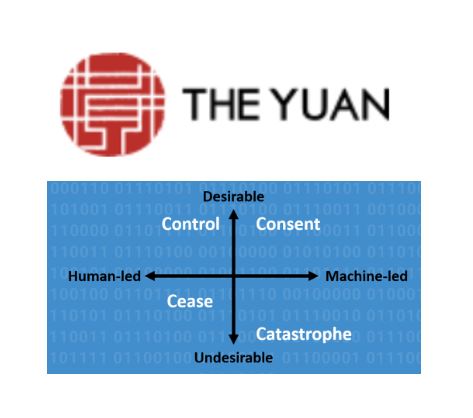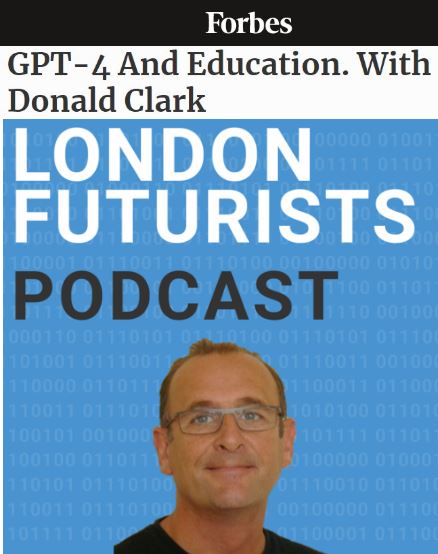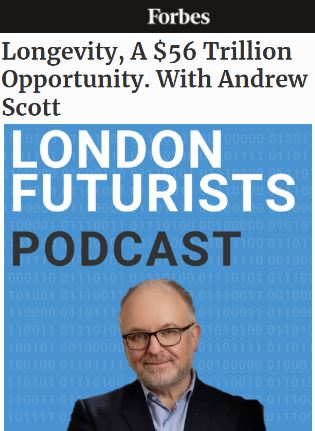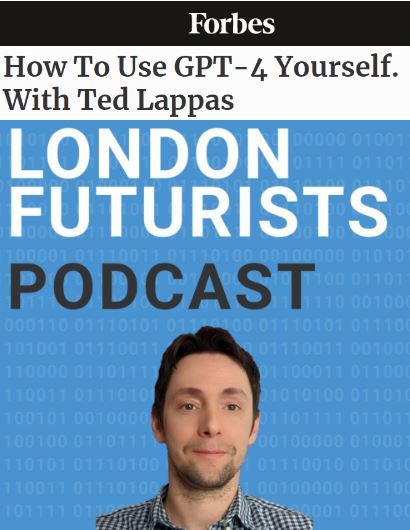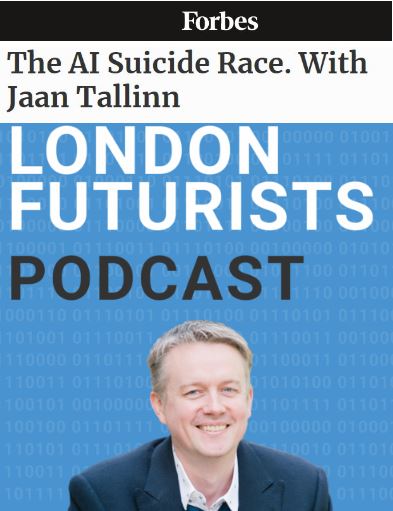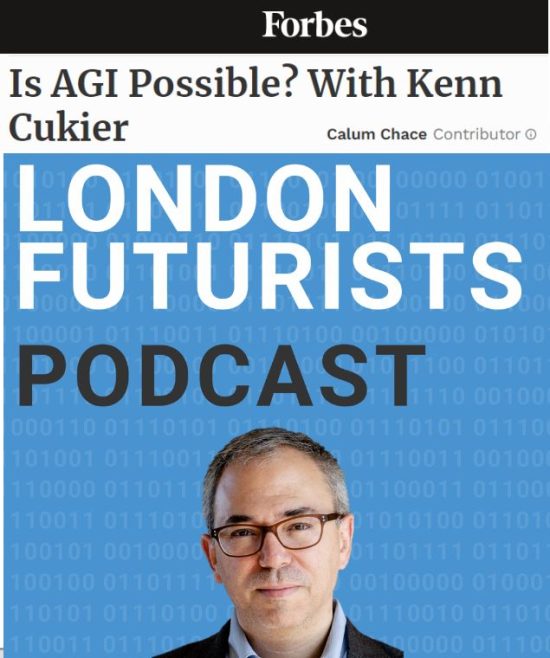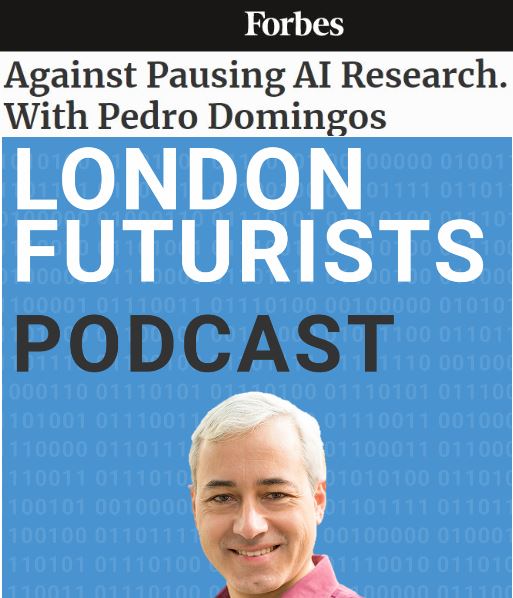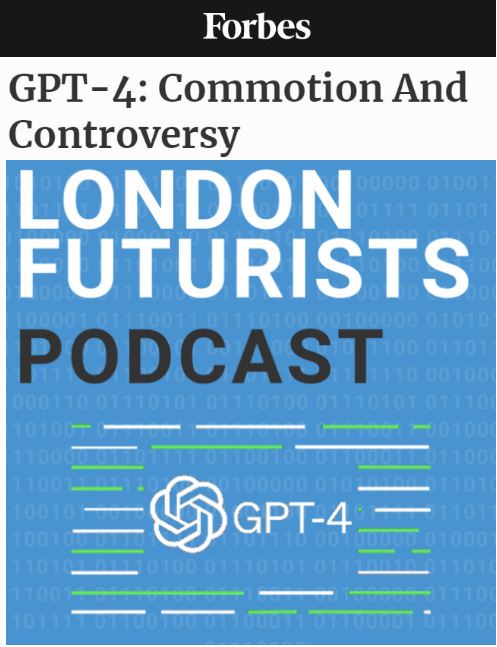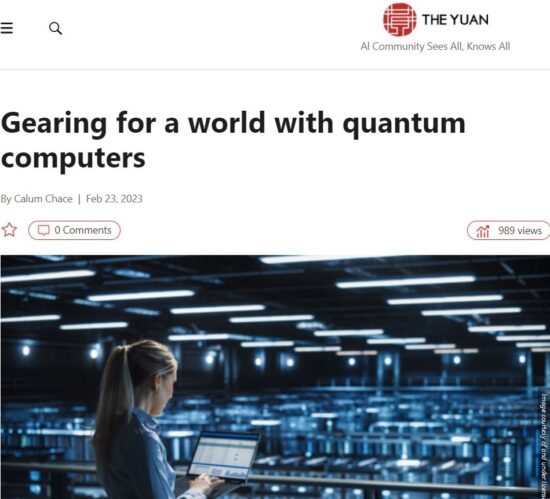AI and new styles of learning. With David Giron
The education sector may well be impacted by advanced AI more profoundly than any other. This is partly because of the obvious potential benefit of applying more intelligence to education, and partly because education has resisted so much change in the past. 42 as the meaning of … learning David Giron is the Director of one of the world's most innovative educational institutions, 42 Codam College in Amsterdam. He was previously the head of studies at Codam's parent school 42 in Paris, which was founded in 2013, so he has now spent 10 years putting the school’s radical ideas into...


